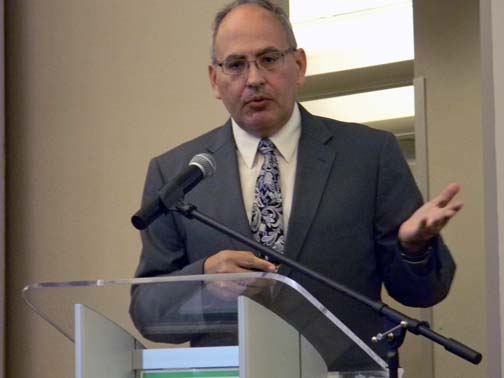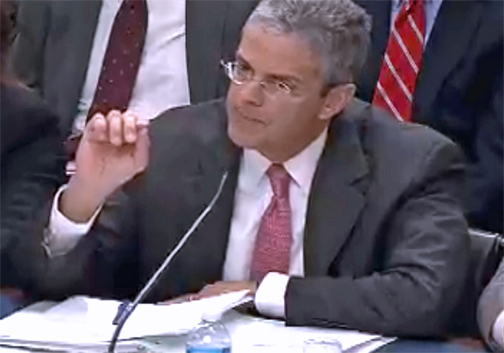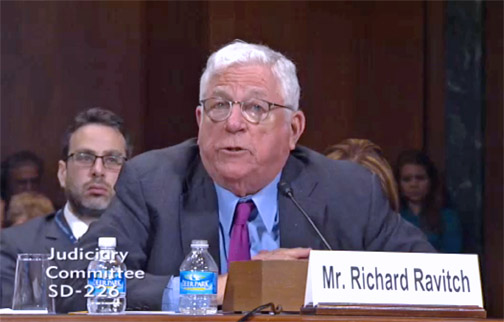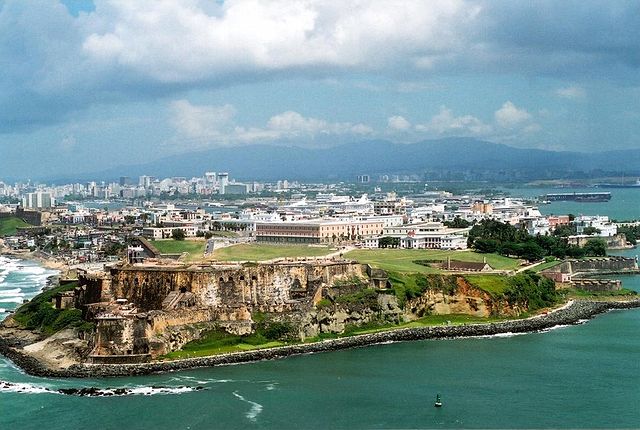GDB: P.R. will be $923M in the red by summer
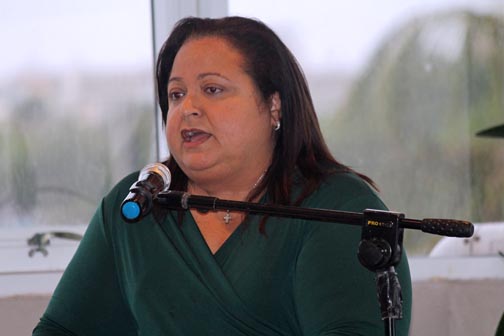
Puerto Rico will be $923 million in the hole by summer if it meets all of its upcoming obligations, including debt service payments and payments to suppliers, as the fiscal crisis tightens its grip on the island’s finances.
Senior government officials said Monday the negative forecast is possible in the absence of any extraordinary measures to help the island, including Congressional action on granting the Commonwealth access to Chapter 9 bankruptcy protection.
Those were some of the conclusions included in an updated version of the Fiscal and Economic Growth Plan, from its first release in September 2015. The updated version has been modified to reflect updated projections for fiscal years 2016 to 2020 to account for year-to-date actual results and, in response to creditor requests for additional information, to extend the projection from Fiscal 2020 to Fiscal 2025, said Melba Acosta, head of the government’s Working Group for the Fiscal and Economic Recovery of Puerto Rico
Since the release of the FEGP, “the fiscal and humanitarian crisis on the island has worsened, and the Commonwealth is now facing even larger estimated financing gaps in both the near and long term,” the Government Development Bank said in a statement.
Specifically, General Fund revenues included in the FEGP have decreased from a previous estimate of $9.46 billion for Fiscal 2016 to $9.21 billion; the estimated five-year projected financing gaps increase from approximately $14 billion to $16.1 billion, even with the inclusion of economic growth and the implementation of all of the proposed measures in the FEGP; and the 10-year projections estimate a $23.9 billion aggregate financing gap.
“The information contained in the updated plan makes all the more clear that actions must be taken before the Commonwealth runs out of options to pay its debt and provide essential services to the people of Puerto Rico,” said Acosta.
“As previously indicated, we expect to sit with our creditors shortly and put forth a comprehensive restructuring proposal. The proposal requires the Commonwealth to take action to grow its economy, address long-standing structural issues and manage its economy in a responsible manner,” she said.
The Commonwealth’s deteriorating liquidity position has required it to continue certain extraordinary liquidity measures — including the deferral of tax refunds to Puerto Rico residents, the stretching of payments to suppliers, and the implementation of the constitutional “clawback” of revenues assigned to certain governmental entities — to pay its obligations according to the island’s Constitution, while continuing to provide essential public services.
“Continuation of these measures is neither sustainable nor in the interest of any stakeholder, as they will only deepen the financial gaps that the Commonwealth and its creditors will need to resolve, while at the same time placing the full burden of the crisis on the residents of Puerto Rico,” said Secretary of State Víctor Suárez, who is also in the working group.
“Moreover, the failure of the government to make timely payments for the delivery and provision of essential government services is putting at risk the health, welfare and safety of the people of Puerto Rico,” he said.
The Working Group’s plan proposed a wide range of reforms to confront the fiscal challenges facing the Commonwealth. However, even with the full enactment of the proposed reforms, the Commonwealth will run deficits for the foreseeable future, government officials said.
The extended projections, officials said, underscores the need for a restructuring of the Commonwealth’s debt obligations, and action from Congress will ensure that a reduction in Federal programs does not exacerbate “the already daunting fiscal adjustment the Commonwealth must undertake,” the GDB said.
“A significant restructuring of the Commonwealth’s debt is inevitable in order to avoid a disorderly default and allow the Commonwealth to implement the FEGP measures, so as to stop further erosion of business and consumer confidence and to optimize creditor recoveries,” the government said in the updated report.
The report has already been sent to U.S. Treasury Secretary Jacob Lew, who will be in Puerto Rico Wednesday to discuss the island’s fiscal situation.
“The updated FEGP emphasizes that time is running short, and, while we do not expect the lobbying efforts of those seeking to lock in speculative gains to end, we do hope that our creditors will sit and work with us on a solution that will allow us to invest in Puerto Rico and repay our creditors as we grow our economy over the long run,” Acosta said.




